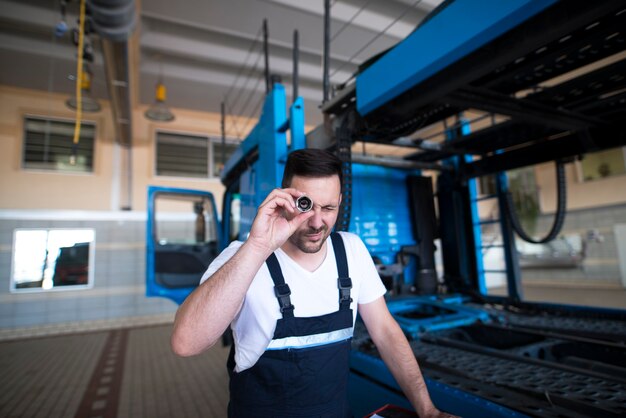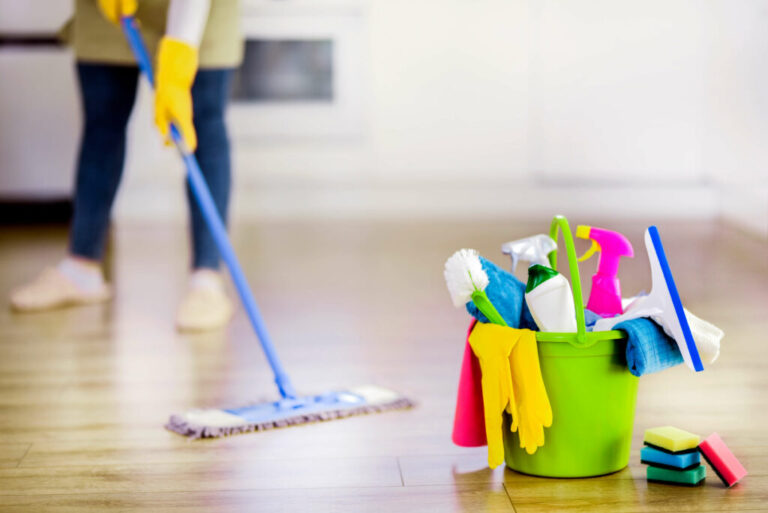Essential Maintenance Tips for Long-Lasting Mechanical Equipment
Effective maintenance of mechanical equipment is crucial for prolonging its lifespan, reducing downtime, and avoiding costly repairs. Businesses rely heavily on these systems, as they form the backbone of many essential operations. To ensure optimal performance and prevent unexpected failures, regular maintenance and care are indispensable. By conducting routine inspections and addressing minor issues before they escalate, companies can save substantial time and resources. This blog post provides key maintenance strategies, including scheduling regular servicing, using high-quality replacement parts, and maintaining thorough maintenance records, to extend the life of mechanical equipment and uphold operational efficiency.
Regular Inspection and Monitoring
Regular inspections are crucial for maintaining mechanical equipment. Routine checks can detect potential issues before they escalate. For mechanical systems, conducting inspections at least quarterly is recommended. By monitoring unusual noises, vibrations, and signs of wear, problems can be identified early, saving both time and money.
Tip: Establish a checklist specific to each piece of equipment to ensure all aspects are covered during inspection.
Cleanliness is Key
Dirt, debris, and other contaminants can significantly hinder the performance of mechanical equipment. Regular maintenance and cleanliness boost both efficiency and lifespan. To prevent blockages and overheating, ensure that all components, especially those susceptible to dust and debris buildup, are routinely cleaned.
Tip: Implement a cleaning schedule that coincides with inspection intervals to maintain optimal cleanliness and function.
Lubrication: A Necessity for Smooth Operation
Lubrication reduces friction between moving parts in mechanical equipment, which decreases wear and extends the life of the machinery. Using the correct type and amount of lubricant is crucial. For mechanical systems in Ogden, check the manufacturer’s recommendations to ensure the right lubricants are used and applied at the correct intervals.
Tip: Keep a record of lubrication schedules and the types of lubricants used for future reference and consistency.
Calibration and Alignment
Proper calibration and alignment of mechanical equipment ensure optimal efficiency. Misalignment leads to excessive wear and premature failure. Regular calibration and alignment maintain precision and minimize the risk of unexpected breakdowns.
Tip: Use professional services for complex calibrations and alignments to guarantee accuracy.
Update and Upgrade
Technological advancements are driving continuous improvements in parts and software for mechanical systems. Upgrading components can boost performance and energy efficiency. To explore potential benefits for your specific operations, consider consulting a mechanical systems expert about available upgrades.
Tip: Assess the cost-benefit ratio of upgrades versus new equipment to make informed decisions about the best investment.
Employee Training
Properly trained employees are crucial for the efficient operation and maintenance of mechanical equipment. Ensuring that all operators are well-versed in the systems they handle minimizes errors and prevents equipment misuse, reducing the risk of damage. Regularly invest in training sessions for your staff to keep them informed about best practices and emerging technologies.
Tip: Develop a training program that includes hands-on practice and assessment to ensure proficiency.
Implement a Maintenance Schedule
To ensure the long-term health of your mechanical equipment, a structured maintenance schedule is essential. This plan should encompass all necessary inspections, cleaning, lubrication, and other maintenance tasks. By adhering to a regular maintenance routine, you reduce the risk of equipment failure and ensure efficient operation of your mechanical systems.
Tip: Use maintenance management software to track and schedule maintenance activities efficiently.
Conclusion
Implementing these maintenance tips will ensure your mechanical equipment remains in top condition, thereby prolonging its lifespan and enhancing its performance. Regular upkeep involves cleaning parts, inspecting for wear, lubricating moving components, and replacing defective elements. These measures save money in the long run by preventing costly repairs and ensuring the smooth operation of your business. By prioritizing maintenance, you can avoid unexpected downtime and uphold operational efficiency, which is crucial for achieving production goals and meeting customer demands.
Keep an eye for more news & updates on Ny Heading!






